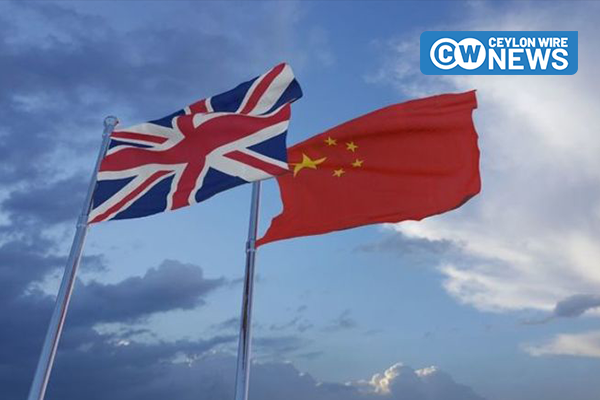The Independent Commission for Aid Impact (ICAI) has raised concerns over the significant drop in UK aid to China, which has decreased by 90% since 2019. Despite this sharp decline, the watchdog highlights a troubling trend of diminishing transparency regarding the allocation and utilization of aid funds.
According to the ICAI, engagement with Beijing across all government sectors has plummeted from £80 million at the onset of this Parliament to an estimated £8.2 million in the fiscal year 2023-2024. However, the report underscores a lack of comprehensive information available to the public regarding the utilization of certain aid funds, particularly those disbursed by the British Council.
The ICAI notes a recent reduction in transparency, citing the cessation of routine publication of official development assistance (ODA)-eligible administration costs on a country-specific basis. This decision, influenced by changes in OECD guidelines, has contributed to a further opacity in understanding how aid funding is allocated.
Despite a general decrease in spending, the Foreign Office has been criticized for allocating approximately twice as much on ODA-eligible administration costs, roughly £4 million, compared to aid program delivery in 2022.
The evolving geopolitical landscape, characterized by China’s growing assertiveness globally, has prompted a re-evaluation of the UK’s relationship with Beijing. However, the watchdog emphasizes the importance of maintaining transparency, particularly as China is set to become ineligible to receive aid.
Sir Hugh Bayley, commissioner of the ICAI, underscores the necessity for enhanced transparency, particularly concerning the allocation of taxpayers’ money in China. He stresses the importance of establishing a coherent strategy for the transition away from aid funding, especially if dialogue on critical global issues such as climate change is to persist.
While efforts have been made by the British Council to improve transparency, gaps remain in the publication of data regarding program implementation, outcomes, and expenditures at the country level.
Despite the overall reduction in aid spending, certain initiatives continue to receive funding. This includes the British Council’s portfolio of UK ODA to China, the Chevening Scholarship Programme supporting international students, and initiatives focused on forest governance and climate change mitigation.
Responding to the concerns raised, a Foreign Office spokesperson reiterated the commitment to transparency and emphasized that aid is directed towards programs aligned with British values on open societies and human rights. The spokesperson assured that cooperation with the ICAI would persist to uphold standards of transparency and ensure optimal impact of UK aid spending.









